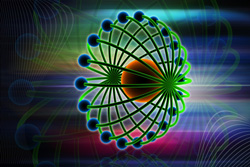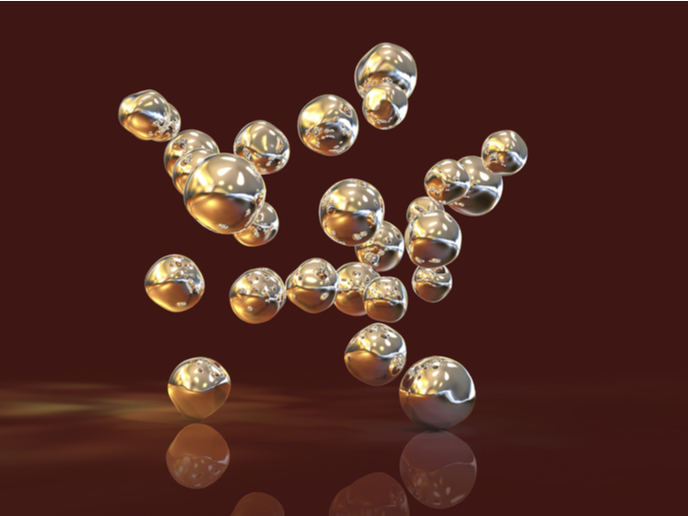Quantum physics to advance high-tech applications
Research on quantum physics has recently demonstrated the formation of BEC state at temperatures higher than absolute zero. This has prompted researchers to further study BEC phenomena at the experimental and theoretical levels and elaborate their potential applicability. Novel applications of BEC phenomena include high-tech products such as polariton lasers for CD and DVD players and laser printers, novel carbon- and oxide-based microelectronics for computer random access memory (RAM) and central processing unit (CPU) devices. The key aim of the EU-funded ‘Routes to Bose-Einstein Condensation at Room Temperature’ (Robocon) project is to study the feasibility of quantum phenomena such as BEC in different systems. The project has focused on carbon-based systems such as graphite, nanotubes and oxides close to metal-insulator transition. Additionally, exciton-polariton excitations in semiconductors have been investigated. Superconductivity and BEC condensation, as well as various transport phenomena have been studied in graphite in ultra-high magnetic fields. Ceramics with a Tetragonal Tungsten Bronze (TTB) structure as well as WO and ZnO oxide films have been prepared which demonstrated the potential to undergo BEC at room temperature. Among the project’s major achievements to date is the observation that polaritons – half-matter, half-light particles – show evidence of BEC at room temperature. Robocon findings are opening up a new window for application of the quantum physics phenomenon of BEC in materials science. Exploitation of the project’s results is expected to advance a wide range of technological applications.







